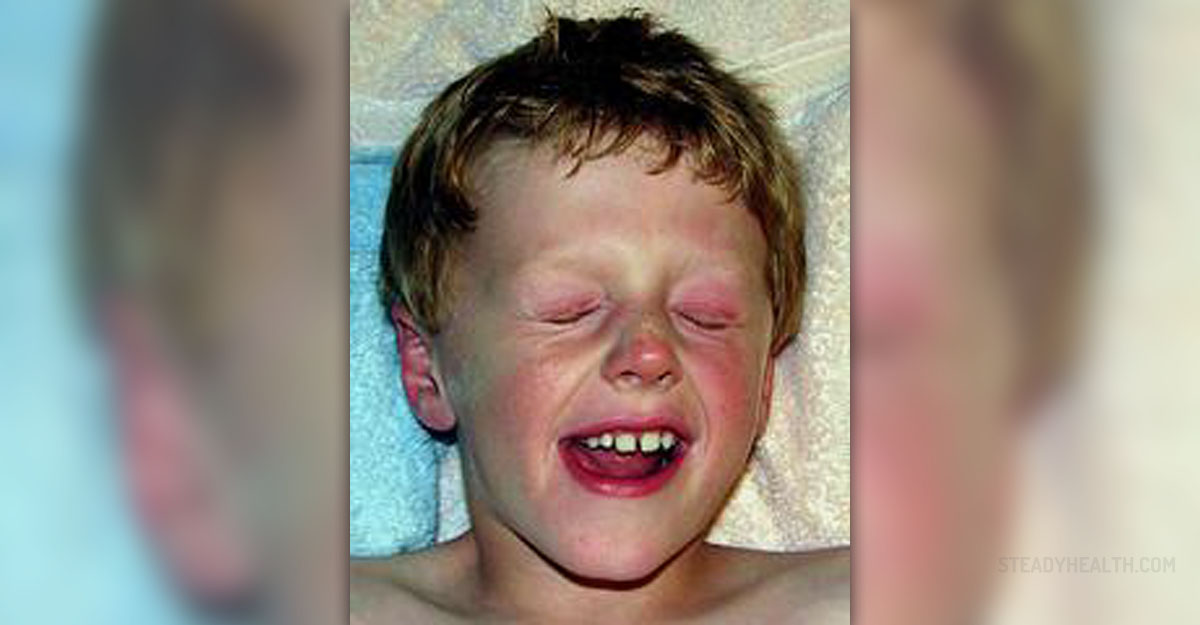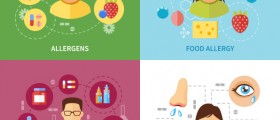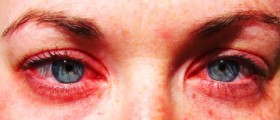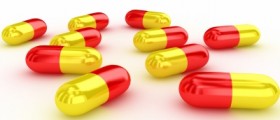
Drug allergy is a condition whichmanifests through a harmful reaction your body experiences due toexposure to certain medications. This reaction is not directlytriggered by the drug, but, rather, by the immune system of ourorganism.
Even though most of drug allergiestrigger some mild symptoms, some may be life-threatening.
Drug Allergies Dangers
In many cases, people who experiencedrug allergies manage to overcome them naturally in time. However,when you suffer from an allergic reaction to a certain drug once, youare likely to stay allergic to that drug for the rest of your life.Moreover, you may become allergic to many drugs which are similar tothe one that initially trigger allergy symptoms in your organism.
Drug allergies mainly manifest throughhives, rashes, blisters or some other forms of skin eczema, appearingwithin the first 72 hours once you have taken the medication inquestion. During the same timespan, you may experience coughing,breathing problems, wheezing and a runny nose, along with a fever andtoxic epidermal necrolysis, being a potentially deadly conditionresulting in skin peeling and blistering.
One of the most dangerous conditionswhich can be related to drug allergies is the anaphylaxis, leading todeath if the affected person is not treated timely. Absence oftreatment can result in the escalation of the condition, triggering astate of shock.
Some of the most common medicationswhich trigger drug allergies are penicillin, sulfa medicines,barbiturates, vaccines, insulin, anticonvulsants and medications forpeople suffering from hyperthyroidism.
If you notice any of the abovereactions within the first 72 hours after taking some medications,call the emergency service. Your doctor will provide you with thebest possible treatment for your drug allergies, once he/she hasdiagnosed the condition and determined the type of drugs behind theadverse reactions you are experiencing.
As for the things you can do in orderto stay safe from an allergic reactions to medications, the bestpossible step would be avoiding the problematic drug completely.However, some people say that taking smaller amounts of the drug youare allergic to may help you overcome the allergy itself. Still, itis best to consult with your doctor before taking any steps of thistype.
Teach Children about Drug Allergies
In order to keep your children wellprotected from any forms of drug allergies, you are advised to informthem about all the characteristics of this condition mentioned above.By knowing the signs of drug allergies, your children can report themto you, making it possible for you to seek timely treatment.
Tell your children to keep track of allthe medications they are taking, knowing exactly which ones mighthave lead to an allergic reaction, avoiding these in the future.Again, do not neglect the fact that certain types of medications,similar to the ones which have triggered the initial allergicreactions may have the same effect.
If you take your child to the doctor,make sure you ask him/her to give you the list of all the medicationsprescribed. This way, you can short-list the possible triggers of anallergic reaction, if it appears.
Furthermore, teach your child not toshare medications with other children, let along take someone else'sdrugs.
If the allergy symptoms appear, tellyour child to deal with the itching first, through taking coolshowers or applying cool compresses on the affected area. If thesymptoms do not disappear, seek medical assistance.
Finally, tell your child to avoidstrong detergents, soaps and cosmetic products, especially if certainskin conditions are bothering them. These substances will only makematters worse.
Due to the fact that drug allergiescannot be stopped before they initially appear, the main way ofstaying protected is taking drugs only when absolutely necessary. Themore medications one's body gets exposed to, the greater are thechances of the onset of an allergic reaction.
Upon visiting your or your child'sdoctor, inform him/her about the previous allergies you or your childhas experienced. This information is crucial for preventing any suchoccurrences in the future. If your child is prone to allergies,getting an ID bracelet would be a good choice for him/her. These areworn in order to alert the medical staff and all other people aboutthe allergies the child, or anyone else, is likely to experience.
All in all, you are advised to keepboth yourself and your child free from drug-induced allergies. Theseare common and many people suffer from them. However, the bad side ofcontrolling this condition is its unpredictability. Namely, youcannot know whether you are allergic to a certain drug until yourinitial allergic reaction takes place. Reducing the exposure tomedications in general may prove to be a step worth taking. Also,consulting with your and your child's doctor is always a recommendedprocedure, especially when it comes to taking or seeking medicationsfor specific health problems.

















Your thoughts on this
Loading...